Cancer is a disease in which abnormal cells divide uncontrollably and destroy normal body tissue. Lung, breast and colon cancer are the three most widespread cancers among women.
The number of new cases of cancer can be reduced and many cancer deaths can be prevented by regular health maintenance and routine screenings. Research shows that screening for many types of cancers as recommended helps prevent these diseases by finding precancerous lesions so they can be treated before they become cancerous. In the female population, routine screenings for breast, colorectal, and cervical cancers can help find these diseases at an early stage, when treatment works best.
A person’s cancer risk can be reduced with healthy lifestyle choices like avoiding tobacco, limiting alcohol use, protecting your skin from the sun, avoiding indoor tanning, eating a diet rich in fruits and vegetables, keeping a healthy weight, and being physically active.
Studies have shown that exercise and lack of obesity in adolescence significantly delays the onset of breast cancer, including onset in high-risk women who carry genetic mutations for the disease.
It is very important as females to take care of ourselves and put our health as a top priority in our daily lives. In addition to healthy lifestyle practices, routine screenings and health evaluations are important in early detection of cancer.
Screening for breast cancer includes monthly self- breast exams and routine mammograms.
The main goal of performing self- breast exams is to become familiar with how your breasts feel and what is “normal” for you. Examine your breasts periodically and see a health care professional if you feel or see any changes that do not go away after one menstrual cycle. Mammogram is an X-ray image of your breast used to screen for breast cancer. Mammograms play an important role in early breast cancer detection and help decrease breast cancer deaths. Mammography correctly identifies about 84 percent of women who truly have breast cancer.
The American Cancer Society (2015) recommends women aged 40 to 44 should have the choice to start annual breast cancer screenings with mammogram if they wish to do so. The American College of Obstetrics and Gynecology, ACOG, (2011) also recommends starting at age 40 with screening for breast cancer with mammogram annually. Some insurance providers will cover a screening mammogram at age 35. It is important for each individual female to discuss her breast cancer risk with her healthcare provider in order to develop the most appropriate breast cancer screening schedule.
Some breast cancer cases are caused by a mutation in the BRCA 1 or BRCA 2 genes, which can be inherited. Hereditary breast cancer makes up approximately 5 to 10 percent of all breast cancer. The first step to determine if you could possibly have a genetic mutation that puts you at increased risk of cancer is educating yourself about your family’s history of cancer. The second step is to discuss your family history of cancer with your health care provider or genetic counselor. A plan will then be developed to proceed in disease prevention and health maintenance.
Screening for colon cancer is done through colonoscopy. Colonoscopy is a visual inspection of the interior of the colon with a flexible, lighted tube inserted through the rectum. The American Cancer society recommends females that do not have an increased risk factor for colon cancer begin colon cancer screening at age 50. Females that have an increased risk of colon cancer may begin screening earlier than age 50. This will be determined by your medical history and family medical history. The American Cancer Society believes that preventing colorectal cancer (and not just finding it early) should be a major reason for getting tested. What happens when polyps are found on a screening colonoscopy? The polyps are removed during the procedure because polyps have the potential to turn into cancer. Having polyps found and removed prevents people from getting colorectal cancer.
Cervical cancer is the third most common cancer diagnosis among gynecologic cancers in the United States. Cervical cancer is a type of cancer that occurs in the cells of the cervix. The good news about cervical cancer is that with appropriate vaccination and routine screening, cervical cancer can be prevented or detected at very early stages. The Human papillomavirus (HPV) is one of the leading causes of cervical cancer. HPV can be detected in about 99.7 percent of cervical cancers. The HPV vaccine helps prevent most cervical cancers. The CDC recommends the HPV vaccination for girls starting at age 11 or 12 so they are protected before ever being exposed to the virus. Girls are able to receive the vaccine until they are 26 years old. Cervical cancer screening is done through pap smear, which is a collection of cells from the cervix. The American Cancer Society (ACS), the American Society for Colposcopy and Cervical Pathology (ASCCP), and the American Society for Clinical Pathology (ASCP) have released new guidelines for the prevention and early detection of cervical cancer. Based on the newest guidelines, cervical cancer screening through pap smear begins at age 21. Depending on the results of your pap smear, your healthcare provider will determine how often you will have cervical cancer screening. Even if you are not having a pap smear collected every year, it is still important to have a gynecological exam once every year.
The most important aspect of women’s healthcare is health promotion and disease prevention. The leading causes of death for females can be detected early if the patient is having routine screenings and regular “check ups”. The female in today’s society needs to take the time for herself and make sure her health is a priority.
Ashli Davis is a women’s health nurse practitioner. After graduating from Loyola College Prep, she attended Louisiana State University in Baton Rouge for pre-requisite nursing courses. She graduated from Louisiana State University Health Science Center in New Orleans, Louisiana, with a bachelor’s of science in nursing in 2001. Ashli was a labor and delivery nurse for twelve years. She then obtained her master’s degree and training as a nurse practitioner at Northwestern State University in 2012. She is board certified through the National Certification Corporation. She is a member of Sigma Theta Tau International Honors Society and Association of Women’s Health, Obstetrics, and Neonatal Nurses. She has practiced as a Women’s Health Nurse Practitioner for four years at OB GYN Associates of Shreveport. She enjoys caring for women throughout the lifespan. She focuses her practice in disease prevention and health maintenance. Ashli is married and is the mother of two children, a ten-year-old daughter and a seven-year-old son.

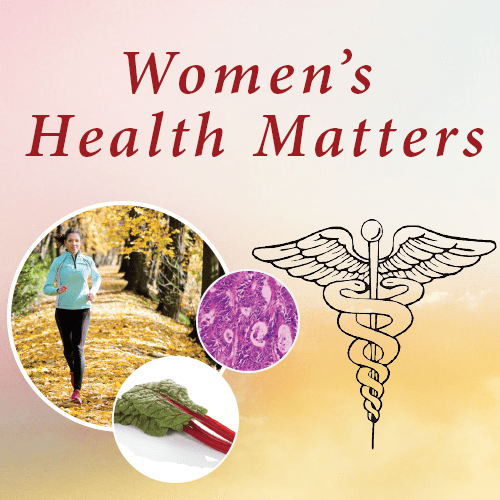
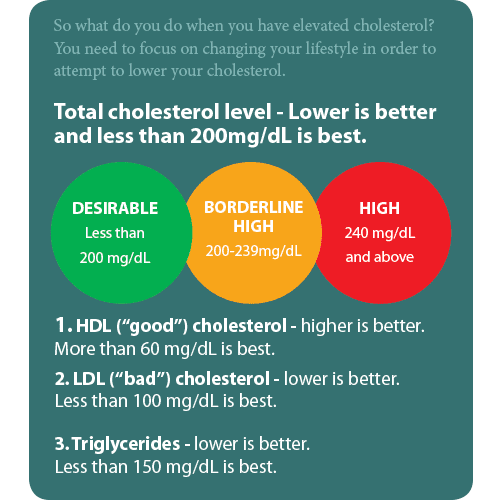
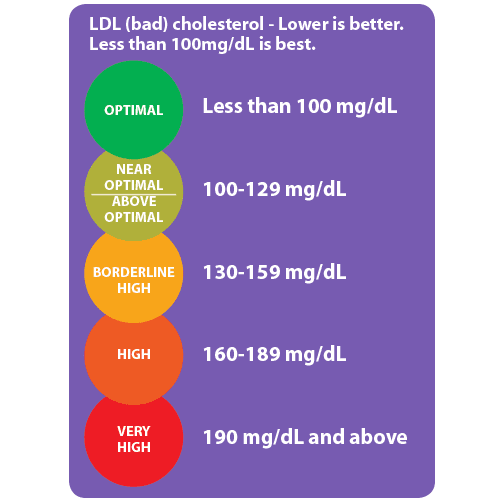
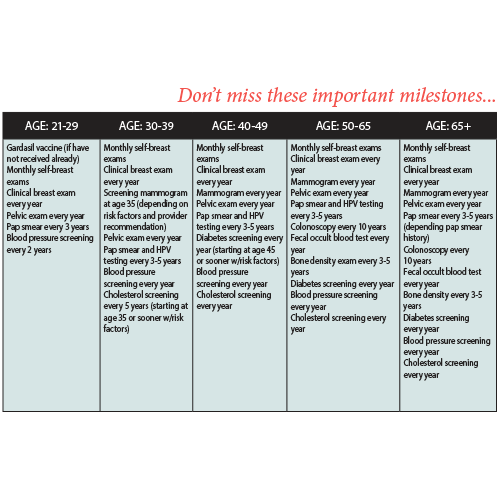
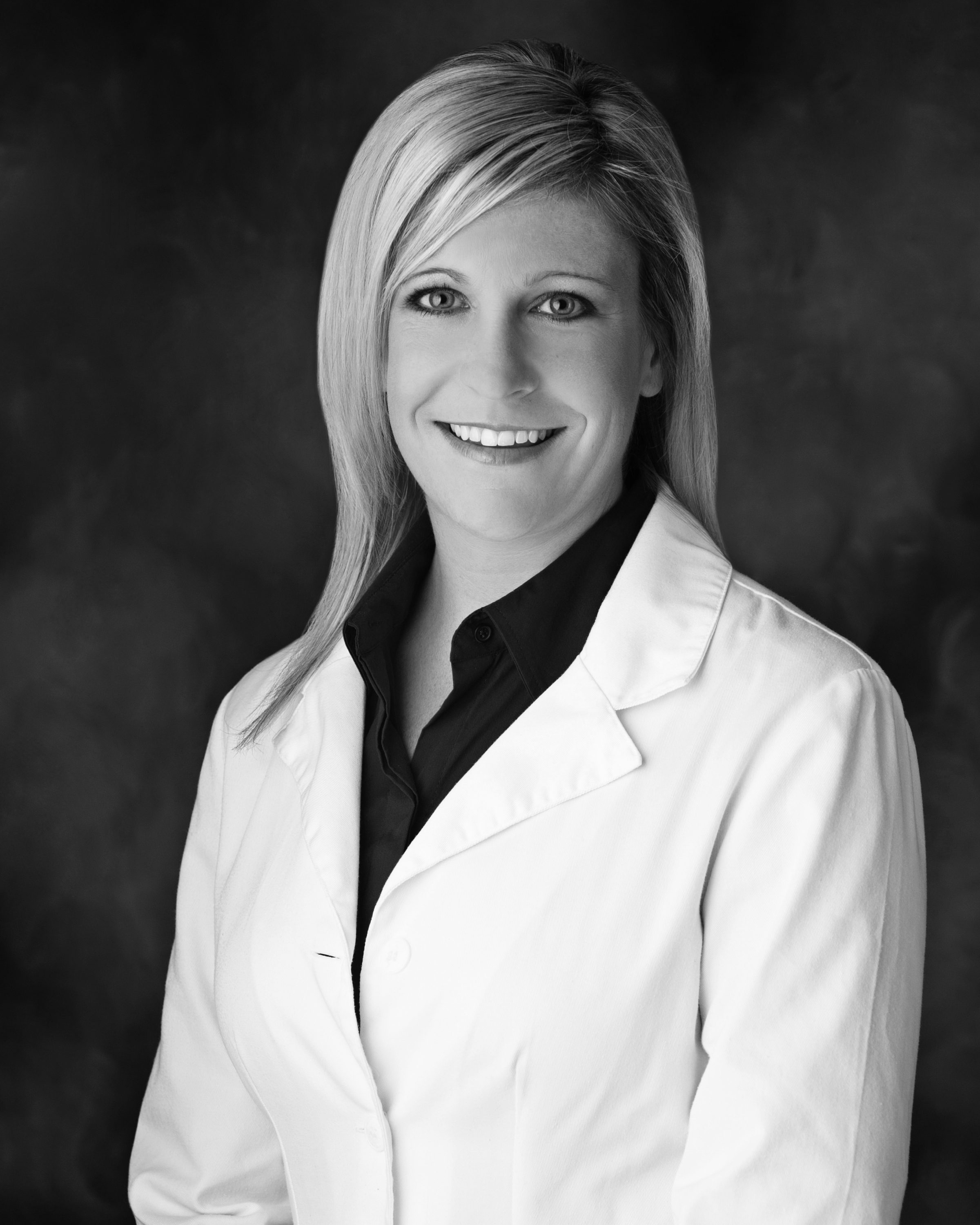 Ashli Davis
Ashli Davis